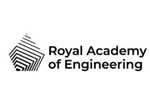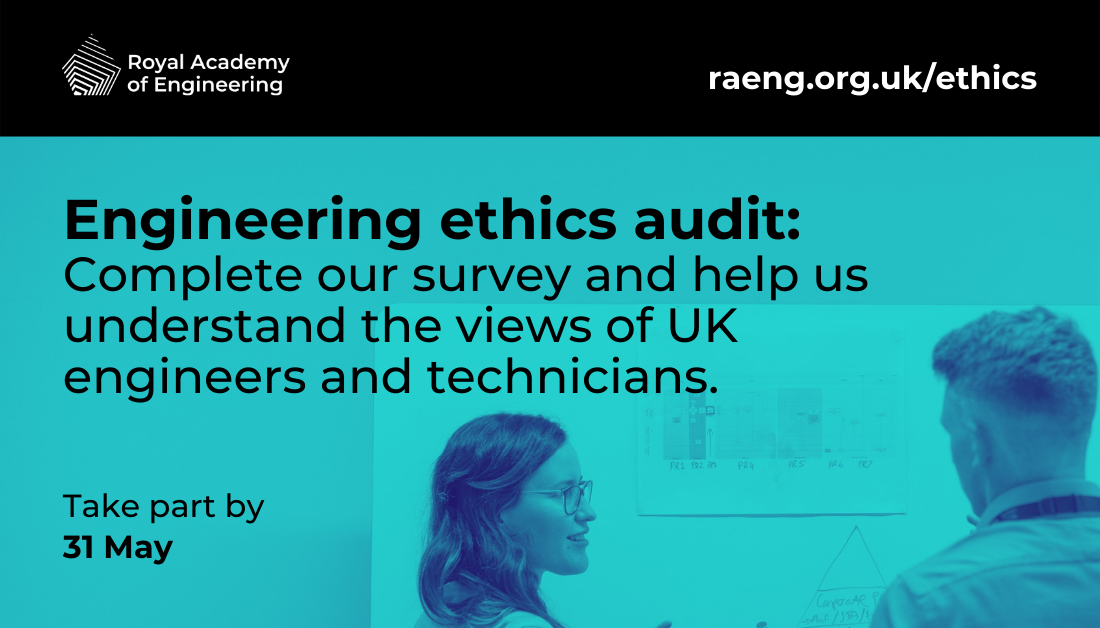There have been some changes to the titles available through the Engineering Council and how these are awarded. The International Engineering Technician (IntETn) is now being awarded through the Engineering Council for the first time, and some aspects of the European Engineer (EUR ING) title has recently changed.
The Engineering Council facilitates the mobility and recognition of engineers and technicians working internationally through partnerships and agreements to award international professional titles.
The ‘EUR ING Title’ is now known as the ‘EUR ING Certificate’. Delivered by ENGINEERS EUROPE, it is a guarantee of competence for professional engineers, facilitates their movement around the world, and encourages improvement in the quality of engineers by setting, monitoring, and reviewing standards.
To apply for EUR ING registration in the UK you must be a member of a professional engineering institution (PEI) and registered as a Chartered Engineer (CEng) or Incorporated Engineer (IEng) with the Engineering Council. Candidates will now be able to apply via a streamlined online process using a new e-tool on the ENGINEERS EUROPE website, with assessors able to approve applications more quickly.
The Certificate will be due for renewal after five years, at which point evidence of continuing professional development (CPD) will need to be submitted and assessed. There will also be a change in the fees.
Engineers registered as EUR ING before January 2023 will retain their title and remain on the Register. The requirement of CPD for renewal does not apply to them and neither does the higher renewal fee.
In the first quarter of 2023 there have already been more than 60 applications for this new title compared to 76 applications overall in 2022.
For further details of EUR ING how to obtain EUR ING status please see the International section of the Engineering Council website.
We are also pleased to announce that IntETn(UK) registration is now open to Engineering Technicians who are registered with the Engineering Council and who have a relevant qualification, the competence for independent practice as an engineering technician, and at least one year of subsequent engineering work experience, as well as a commitment to maintaining their CPD.
The International Register of Engineering Technicians (IntETn) was launched in 2016 by the Agreement for International Engineering Technicians (AIET); the Engineering Council is the UK member of this Agreement, and holds its own section of the IntETn register.
Registration as an IntETn is renewable every five years and requires demonstration of continued responsibility for relevant engineering work and CPD.









